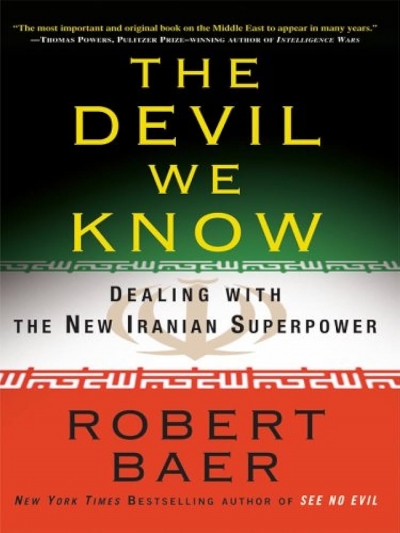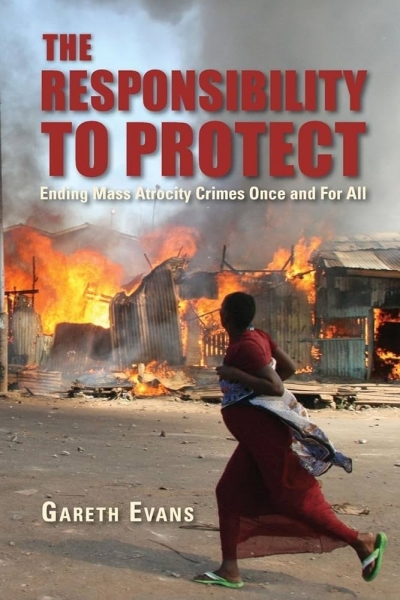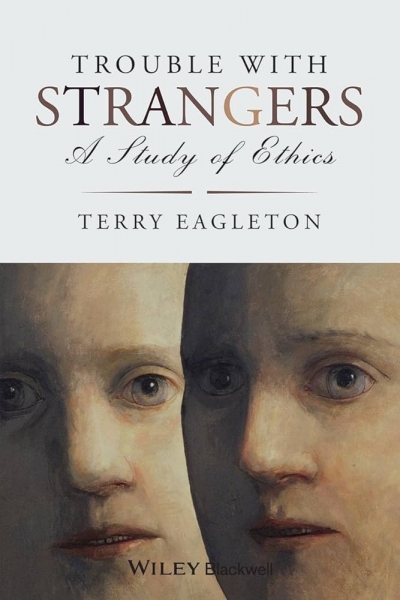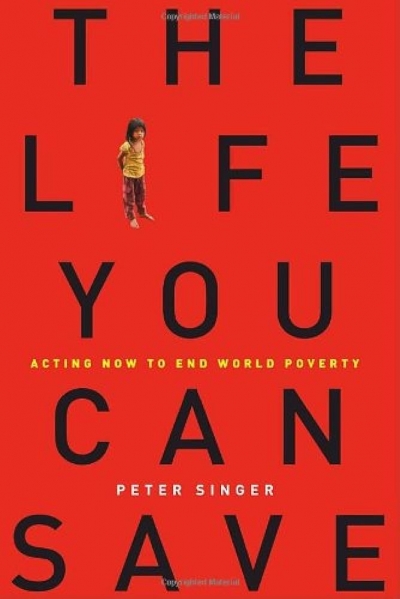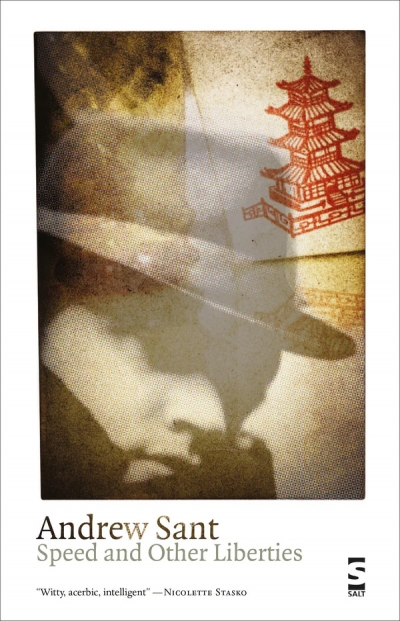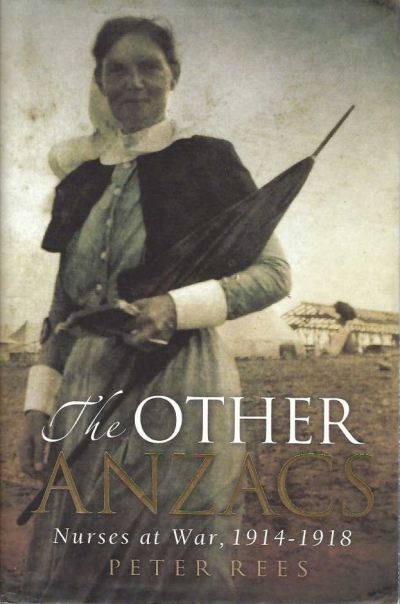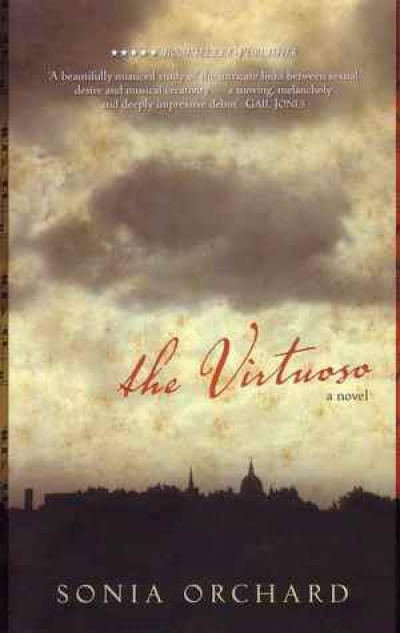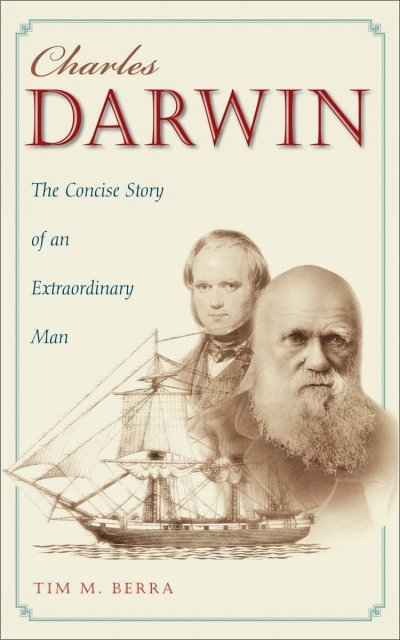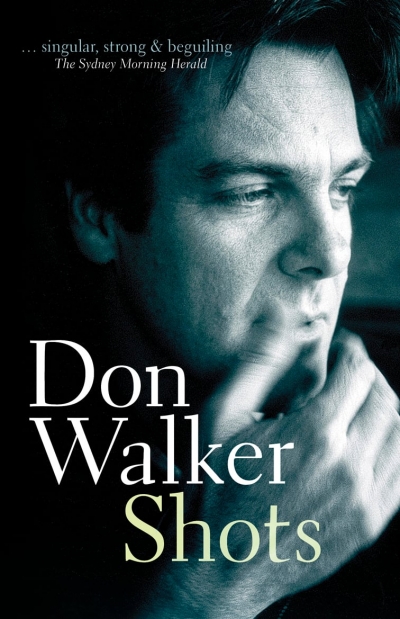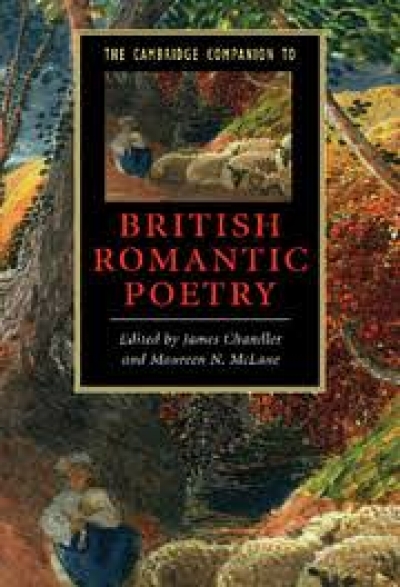Review
The Devil We Know: Dealing with the new Iranian superpower by Robert Baer
by Richard Broinowski •
The Responsibility to Protect: End mass atrocity crimes once and for all by Gareth Evans
by Allan Gyngell •
Trouble With Strangers: A study of ethics by Terry Eagleton
by Anthony Elliott •
The Life You Can Save: Acting now to end world poverty by Peter Singer
by Anthony J. Langlois •
Charles Darwin by Tim M. Berra & Darwin’s Armada by lain McCalman
by David Lumsden •
The Cambridge Companion to British Romantic Poetry by James Chandler and Maureen N. McLane
by Deirdre Coleman •

